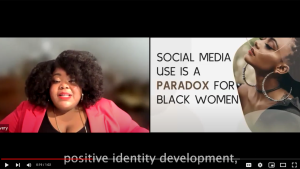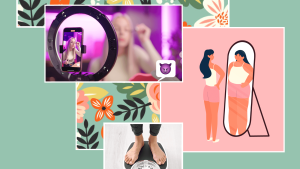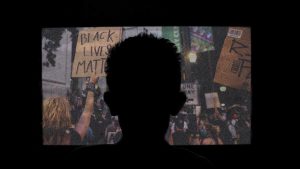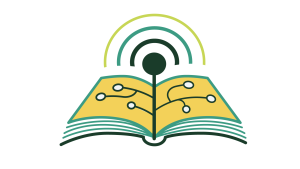
Lanice Avery, PhD, (Assistant Professor of Psychology and Women, Gender, and Sexuality Studies, Director, Research on Intersectionality, Sexuality, and Empowerment (RISE) Lab, University of Virginia) discusses the complexity of Black women’s relationship to social media use at the #AskTheExperts webinar “Mirror, Mirror, in My Palm: Girls and Media” on September 7, 2022.
[Dr. Lanice Avery] Black women might use virtual communities as a user generated source of culturally relevant and empowering content. And social media sites like Twitter and TikTok are especially appealing to black women because they foster positive identity development, collective community, and strengthen social networks among black women. For these reasons, understanding the contributing role of social media use on black women’s health and development is complex. It takes rigorous methods to capture the nuance, the social context and the temporal conditions that shape black women’s paradoxical experiences with digital media. And these sites offer black women an opportunity to produce and consume empowering messages that challenge those rooted in social and structural racism. But they also heighten their exposure to gendered racism and sexual victimization in the process.
View the Full Webinar

Mirror, Mirror, in My Palm: Girls and Media
How does online media affect girls' mental and physical health as they navigate through the increasingly tricky waters of social media and digital interactions?
Elizabeth Englander, PhD
Executive Director and Founder; Professor of Psychology
Lisa Damour, PhD
Psychologist, Author
Meenakshi Gigi Durham, PhD
Professor and Collegiate Scholar,
Sophia Choukas-Bradley, PhD
Assistant Professor of Psychology; Director,
Lanice Avery, PhD
Assistant Professor of Psychology and Women, Gender, and Sexuality Studies; Director

